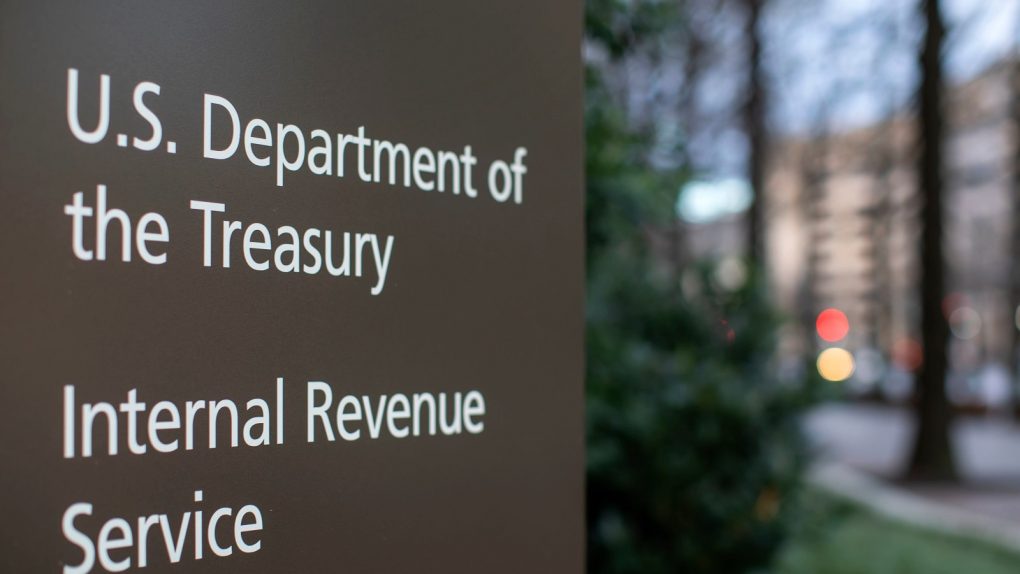- A new report from the Government Accountability Office reveals that over $1 billion worth of coronavirus stimulus checks were sent to dead people.
- The IRS and Treasury Department have sent over 1 million stimulus checks to people who passed away, which accounts for a little less than 1% of the total payments.
- Once the Treasury Department was made aware of the issue, it consulted with legal counsel and began asking people to send those checks back.
As cities and states all around the US began to shut down to keep their residents safe from the novel coronavirus, it immediately became clear that the federal government would need to intervene to help the millions of Americans that would soon be out of work. The Coronavirus Aid, Relief, and Economic Security (CARES) Act included provisions for American workers, such as boosted unemployment benefits and resources for small businesses, but nothing in the bill received as quite as much attention or sparked as much discussion as the stimulus checks.
Officially referred to as Economic Impact Payments, these checks have been sent to millions of Americans over the past few months, but it turns out that not everyone who received $1,200 from the Internal Revenue Service and the Department of the Treasury will actually be able to use it. According to the U.S. Government Accountability Office, over 1 million Economic Impact Payments have been disbursed to deceased individuals.
Here’s what the congressional watchdog had to say on its WatchBlog earlier this week:
The Internal Revenue Service (IRS) and the Department of Treasury disbursed 160.4 million payments worth $269.3 billion. However, the agencies had trouble delivering payments to some individuals, risking fraud and making payments to ineligible individuals. For example, according to the Treasury’s Inspector General, as of April 30, almost 1.1 million payments totaling nearly $1.4 billion had gone to deceased people.
To put these numbers into perspective, 1.1 million payments account for less than seven tenths of one percent of the total number of stimulus payments. In the full report, the GAO provides additional context, explaining that the IRS and Treasury Department didn’t use “death records to stop payments to deceased individuals for the first three batches of payments because of the legal interpretation under which IRS was operating.” Those three batches account for 72% of the Economic Impact Payments that had been sent out as of May 31st.
The report goes on to reveal that the Treasury was unaware that payments might be going to decedents, and once officials of the department learned that dead people were receiving stimulus money, they consulted with legal counsel and “determined that a person is not entitled to receive a payment if he or she is deceased as of the date the payment is to be paid.” From the fourth batch onward, dead people stopped getting checks. This explains why the IRS updated its website in May to request that payments sent to decedents be returned.








